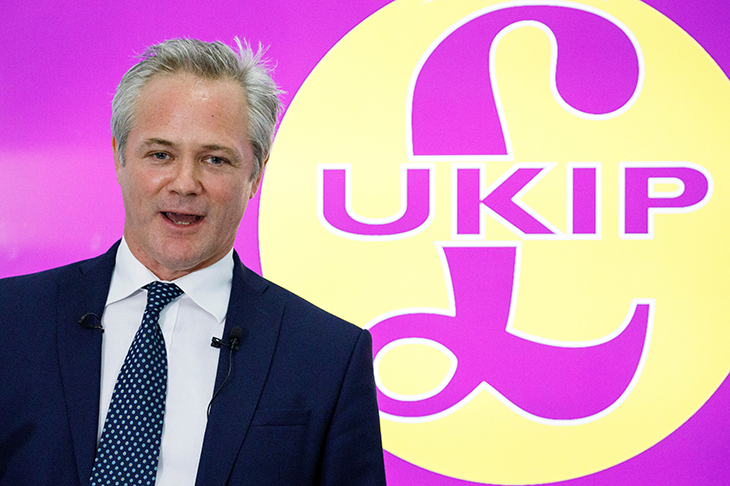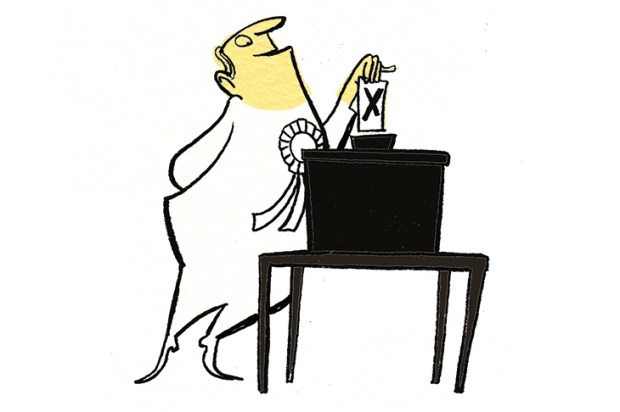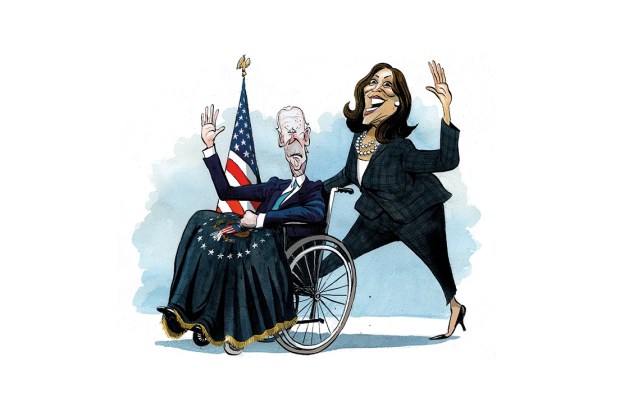Name calling
Richard Braine was appointed leader of Ukip, leading to jokes about the party being led by a ‘Dick Braine’. How did the name Richard come to be shortened?
— There was a common practice in medieval England for rhyming slang, with the first letters of many common names being interchanged, hence Robert became ‘Bob’ and Edward ‘Ted’. It is believed the practice may have come about as a result of Anglo-Saxons finding it hard to pronounce Norman names and vice versa.
— Dick was established by Shakespeare’s time — the bard referred to ‘every Tom, Dick or Francis’ in Henry IV, Part 1.
— For the first few centuries there was nothing rude about ‘Dick’. It’s recorded as slang for the male organ from the 1890s.
— Besides Dick Braine there have been a couple of famous Richard or Dick Heads: a 17th-century English novelist and early 20th-century Australian rules footballer.
— Meanwhile the Pick operating system (an early computing system) was developed by Dick Pick in 1965.
Plane, sailing
Climate activist Greta Thunberg set out to the US on a sailing vessel in order to cut her carbon footprint. There are a very limited number of journeys that passengers can do on a scheduled sailing vessel. Do you have the time and money to emulate her?
Fredrikstad (Norway) to Amsterdam (Dutchtallships.com)
9 days; £820
Oslo to Amsterdam (via Norwegian Air)
1 hr, 35 mins; £98
Rotterdam to Tenerife (Dutchtallships.com)
20 days; £1,640
Amsterdam to Tenerife (TUI)
4 hrs, 35 mins; £61
Seville to Punta Arenas (Chile) (Dutchtallships.com)
87 days; £7,775
Seville to Punta Arenas (Iberia)
23 hrs; £860
Making the grade
A-levels were criticised after it was revealed that candidates taking one maths paper could achieve an A grade with only 55 per cent of the marks. Yet overall, grades fell. How has the proportion of candidates achieving A (and A* since 2010) grades changed over the years?
1982 8.9% 1994
18%
1999
24%
2004 28% 2009
31% 2014 (A & A* grades) 26% 2019 (A & A* grades)
26%
Got something to add? Join the discussion and comment below.
Get 10 issues for just $10
Subscribe to The Spectator Australia today for the next 10 magazine issues, plus full online access, for just $10.
You might disagree with half of it, but you’ll enjoy reading all of it. Try your first month for free, then just $2 a week for the remainder of your first year.














Comments
Don't miss out
Join the conversation with other Spectator Australia readers. Subscribe to leave a comment.
SUBSCRIBEAlready a subscriber? Log in